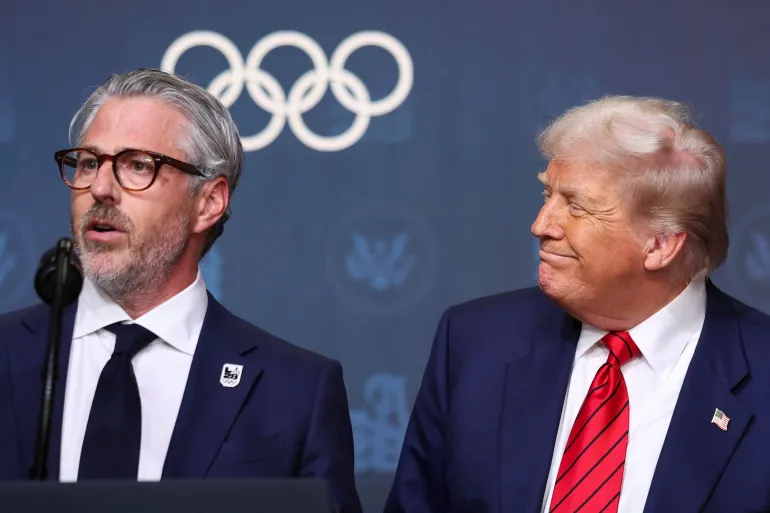Asia Markets Dip as Investors React to BoJ Pause and Trump’s Surprise Tariffs

Asia-Pacific markets mostly closed in the red Thursday as investors juggled two big headlines: the Bank of Japan holding interest rates steady and President Trump slapping new tariffs on South Korea and India.
Let’s break it down:
The Bank of Japan kept short-term rates at 0.5% for the fourth straight time — no surprise there. But the move still rattled investors a bit. The Japanese yen strengthened, and bond yields ticked up. The BoJ also hinted at a potential rate hike later this year after raising its inflation forecast, signaling Japan’s ultra-loose monetary policy may finally be nearing a shift.
Meanwhile, Trump’s latest tariff blitz has markets on edge. South Korea got hit with a blanket 15% tariff, and India faces a 25% duty plus an unspecified penalty. Investors are scrambling to figure out what it means for trade, tech, and geopolitics going forward.
Who Moved and Why:
- Japan’s Nikkei 225 bucked the trend and rose 02%, thanks to strong earnings from companies like Nissan, which surged nearly 5% despite posting a $530M loss.
- Samsung shares edged up 9%, even though profits fell short — a sign investors are still bullish on the chipmaker’s long-term potential.
- South Korea’s Kospi slid 28%, and auto stocks like Kia and Hyundai dropped after Trump’s tariff news hit.
- Hong Kong’s Hang Seng lost 6%, and China’s Shanghai Composite fell 1.18%, weighed down by weak economic data and falling copper prices.
- Australia’s ASX 200 dipped 16%, while India’s Nifty 50 managed a tiny gain after an early stumble.
South Korean shipbuilder Hanwha Ocean had a banner day, surging over 16% after joining trade talks in DC and signaling plans to ramp up operations at its Philly shipyard.









The latest news in your social feeds
Subscribe to our social media platforms to stay tuned